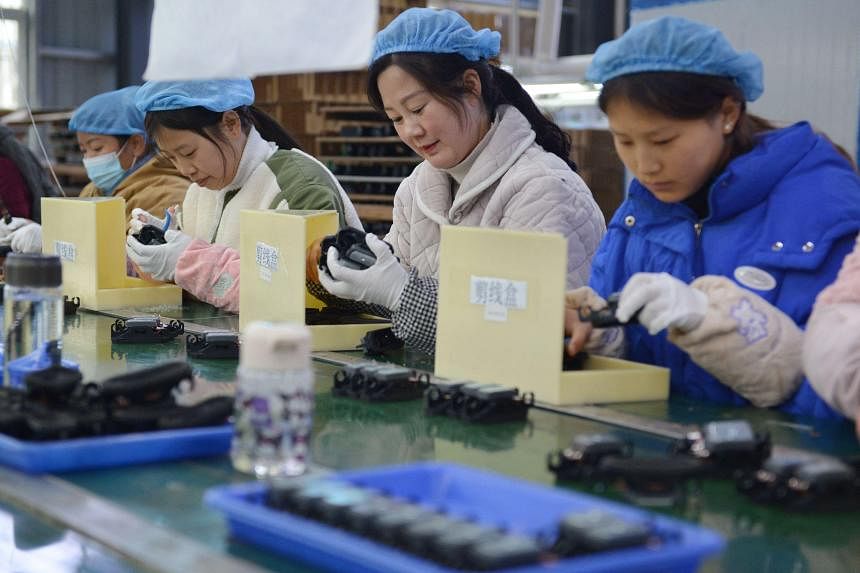JAKARTA - Southeast Asian countries have high expectations that China will soon win its fight against Covid-19. A fully recovered China matters to nations in the region, if not the whole world, because it is a main driver of global economic growth.
Russian President Vladimir Putin’s invasion of Ukraine has had devastating impacts on the world, especially in the skyrocketing prices of gas and wheat. Hyperinflation is casting a shadow over many countries and millions of people are facing starvation, particularly in Africa.
The world can hope to avoid the worst-case scenario if China regains its feet.
President Joko “Jokowi” Widodo warned has the nation that the world was facing the real threat of a recession next year.
An ailing China would spell disaster in many nations, including Indonesia, because of their heavy dependence on the most populous country in world trade.
The World Bank projected in September that China’s gross domestic product would grow just 2.8 per cent this year, compared to an average 5.3 per cent in 23 other Asian countries.
This would be the first time since 1990 that China records lower growth than its Asian neighbours.
Meanwhile, according to the Organisation of Economic Co-operation and Development (OECD), China’s economy will expand 3.3 per cent this year, increase to 4.6 per cent in 2023 but then decline to 4.1 per cent in 2024. This forecast is concerning not just for the people of China, but also the people of many other countries, especially developing countries.
China is one of the world’s biggest importers of natural resources and commodities, such as coal and palm oil from Indonesia.
The falling demand from China will have a severe impact on our exports next year. Oil prices are now declining due to China’s lower imports.
It is because of its coal and palm oil exports that Indonesia was able to survive the global economic doldrums at the peak of the Covid-19 pandemic. China has been increasingly playing a pivotal role in global supply chains over the past 30 years of economic liberalisation.
Obviously, lockdowns in the country’s vast industrial bases, a policy intended to free all China from Covid-19, have had major global impacts. The stringent policy China has adopted has, for example, caused delays in the delivery of manufactured goods, such as mobile phones.
We are not in a position to assess China’s zero-Covid policy, however. After all, China’s Covid policy has also benefited the world, especially with its vaccines that have saved tens of millions of lives in Indonesia and many other nations. During the peak of the pandemic, China extended its assistance to other countries, although it was still struggling to provide vaccines at home to cover its entire population.
It is probably true that western vaccines are more sophisticated than Chinese vaccines, but China still stood ready to provide vaccines to countries in need, while other vaccine-producing countries opted to protect their own citizens before sharing their vaccines with the developing world.
We hope China will win its war on Covid-19, and as soon as possible. The world will be unable to fully recover without China. The pandemic has only reminded us that the world can only recover stronger when we are together. -THE JAKARTA POST/ASIA NEWS NETWORK
- The Jakarta Post is a member of The Straits Times media partner Asia News Network, an alliance of 22 news media titles.

